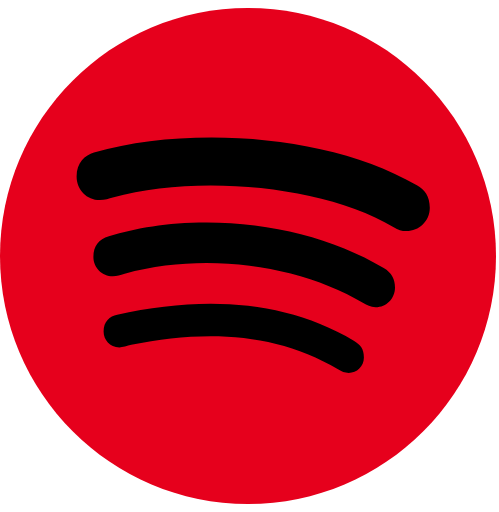In order to lose body fat we typically need to be in either in 1) an absolute caloric deficit meaning that we need to eat fewer calories or, 2) a state of relative caloric deficit meaning that we need to increase our metabolic activity to burn more, while eating the same number of calories. Either way, appetite regulation usually always figures into the equation, so to help along the way, here are 3 – virtually calorie free – beverages, so if you don’t care for one, you can try another. The good news is that they are all known to be effective at blunting appetite. How affective, you ask? Well, that depends on you, as many factors can influence appetite beyond the basic need for food, such as stress and emotions. Either way, there are plenty of tools to help you win the battle! That said, please keep in mind that as soon as you add in the rather empty calories of sugars and or creamers, the calorie free part goes out the window.
COFFEE…AND DECAF COFFEE
We all know this one, but the benefits still merit attention .As one of the most popular drinks around the world, coffee is known for – and sought after – because of its caffeine content. Depending, a cup of coffee contains roughly 90-100 mg of caffeine. Caffeine is a well-known stimulant to central nervous system activity, boost metabolism, and has also been known to suppress appetite and enhance weight loss. Research shows that coffee increases the release of peptide YY (PYY). This peptide is also produced in the gut in response to eating, and can create a feeling of fullness. Counterintuitively, decaf coffee can have the longest appetite suppression activity, lasting up to 3 hours. While extreme amounts or not usually a good thing, a couple of cups a day can help curb appetite and stave off the hunger associated with changes in blood sugar level. An interesting note is that in one study, the effects of caffeine on appetite suppression are more pronounced with men, than women.
THINK GREEN…TEA
Green tea is a great source of healthy antioxidants and can offer an element of appetite suppression by way of its caffeine content (30-50 mg per cup). But there’s more. It also has the bonus of containing catechin (EGCg), which is also beneficial to boosting both fat burning activity and and metabolism. One study showed that the catechin EGCg combined with caffeine is most effective for weight loss when take 90 minutes before a workout, it is significantly increased fat oxidation rate during the exercise period. Green tea has been around for centuries, and has been well studied, reporting a variety of health benefits including anti-inflammatory, anti-bacterial, anti-viral, neuroprotective and cholesterol lowering effects. Consuming 2-3 cups of green tea throughout the day may be best when it comes to maximizing the appetite suppression benefits.
YERBA MATE
This South American plant has been known for centuries for it’s energy boosting and appetite suppression properties, which makes sense as it too contains approximately 80-85 mgs. of caffeine per cup. Usually consumed as a tea, yerba mate has appetite suppression properties as it increases GLP-1 and leptin levels. Leptin is the antagonist to ghrelin, which is known as the “hunger hormone”. Both leptin and GLP-1 serve to suppress appetite and can cause a feeling of fullness. A number of studies, as well as anecdotal evidence, have shown that longer term use of yerba mate decreases food intake and aids in weight loss. There is also solid evidence of yerba mate boosting exercise performance. Typical use is as tea drink, using a one to two grams per day. One study of 12 women showed that using 2 grams of yerba mate before a 30 minute cycling session boosted energy levels, performant and reduced appetite.
Please Let Us Know If You Enjoyed This Article.
Your Feedback Is Important To Us
Disclaimer: This content is for informational purposes only and is not meant as medical advice, nor is it to diagnose or treat any medical condition. Please consult your physician before starting or changing your diet or exercise program. Any use of this information is at the sole discretion and responsibility of the user.













